
Sometimes I’d watch clouds in the sky shape-shift and disappear, longing to see a simulacrum of my mother blooming in the air. At eleven years old, I was a woolgatherer, and my grandmother, Ouma Fae, was the sun—the ageless lemon star whose fire often soured the day.
She worked as a farmhand at a potato farm two farms away, and every week she’d bring home a small bag of unwanted potatoes—bad-seed potatoes the farmer, Hendrik, couldn’t put back in the soil. Six burlap sacks of pockmarked potatoes slumped against the cookhouse walls. When she found a sack marred by one or two rotten potatoes, she’d order that I take it out, “gooi dit weg”, and return only the fresh ones, which I’d rinse sensibly with a cupful of groundwater and ration equally to each remaining sack. As well as collecting the water, this was another job I was good at.
I didn’t think she cared much about what happened to the rotten potatoes. So, before I’d throw them all away, I’d pick just one seed potato with many eyes, scoop out its ruined flesh and, in a secret garden in the backyard, plant the surviving tuber in fresh soil, pointing one eye at the open sky. I’d keep quiet until its eye sprouted flower and fruit. Then I’d run to Ouma Fae to give her the exciting news: that something good had come out of the ruined potato. Not the blue flower, or the round fruit, but what hid beneath the soil, for I knew the potato had multiplied. Ouma Fae, gobbling down fresh sorghum beer from a carton, would order me to leave the newly grown potatoes, fire-spitting and evil-cursing again in old Afrikaans, reminding me and the neighbours how tired she was of inheriting bad seeds.
Photo by Sunsetoned from Pexels



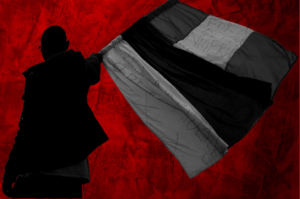
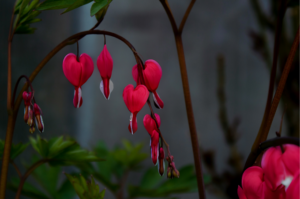
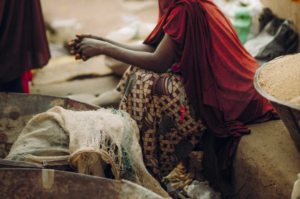
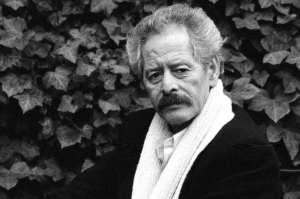
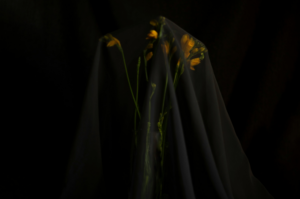


COMMENTS -
Reader Interactions